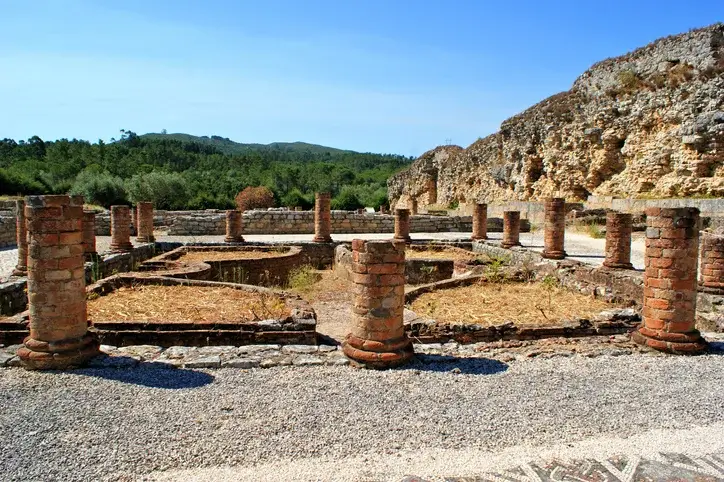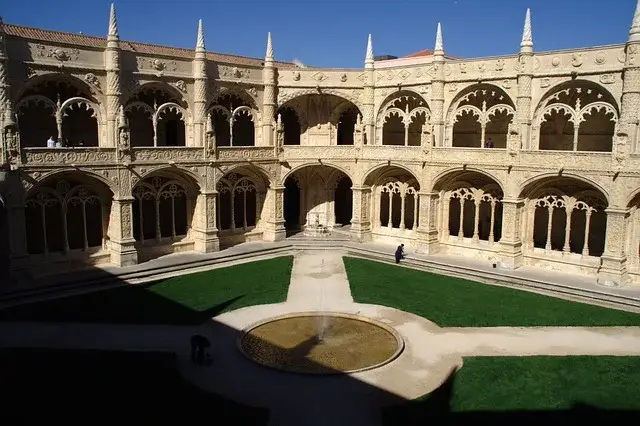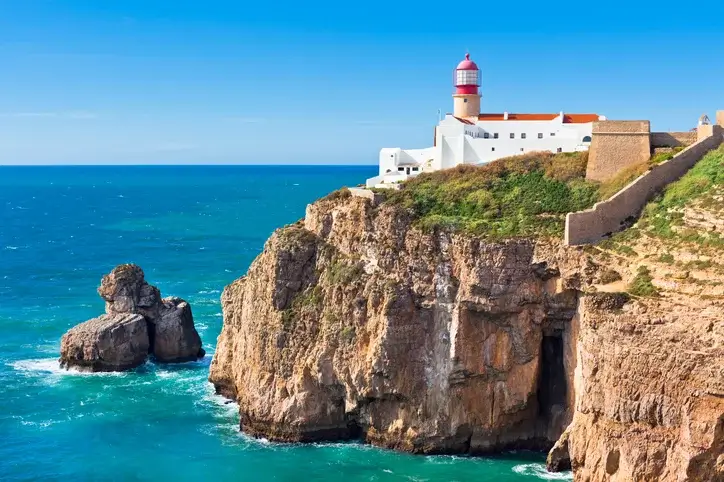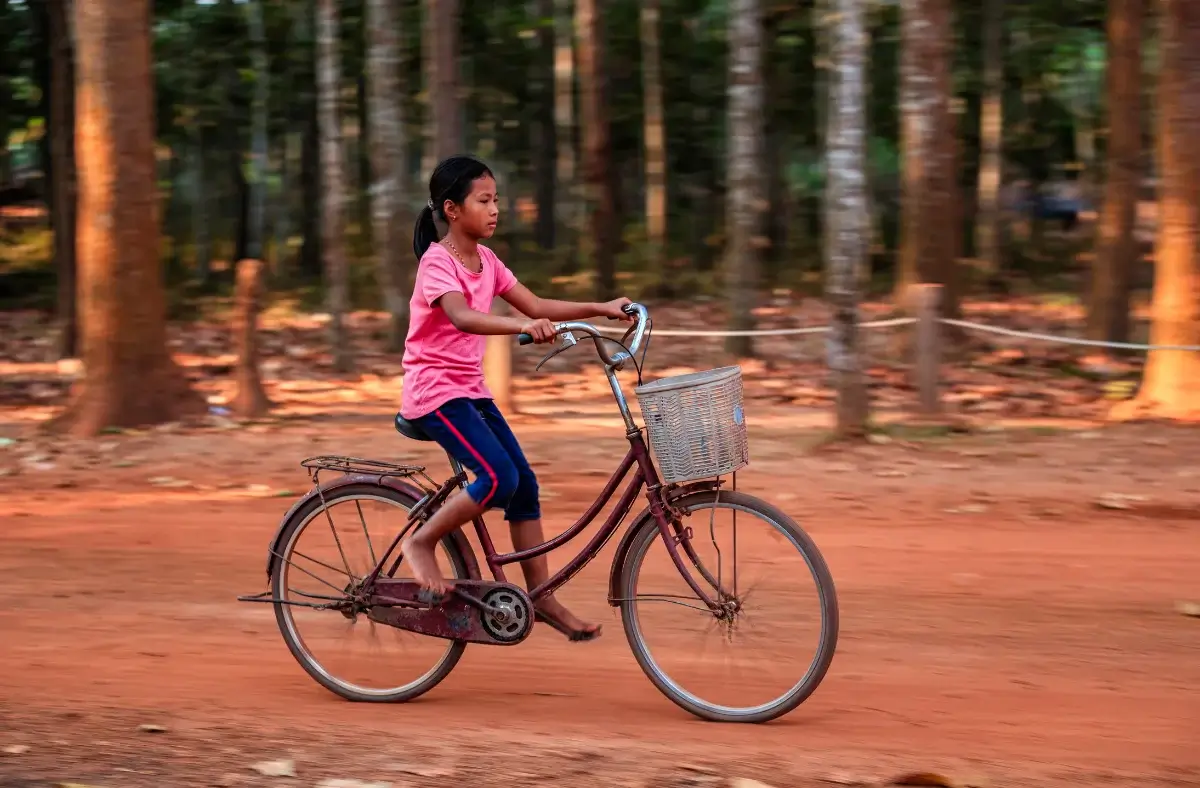Green Getaways in Cambodia
Green Getaways in Cambodia
In Cambodia, sustainability means experiencing its culture and natural wonders while making a positive impact on the environment. A stay at the Cardamom Tented Camp, an eco-camp supported by conservation efforts in the Cardamom Mountains, is an example of this. Guests can learn about local conservation projects, spot rare wildlife, and plant trees to offset their carbon footprints.
Sam Veasna Center for Wildlife Conservation offers birdwatching tours and supports conservation efforts in Cambodia’s lesser-known wildlife areas.
Luxury holidays in Cambodia can also be sustainable, offering discerning travellers the chance to make a positive impact.
In Cambodia, sustainability means experiencing its culture and natural wonders while making a positive impact on the environment. A stay at the Cardamom Tented Camp, an eco-camp supported by conservation efforts in the Cardamom Mountains, is an example of this. Guests can learn about local conservation projects, spot rare wildlife, and plant trees to offset their carbon footprints.
Sam Veasna Center for Wildlife Conservation offers birdwatching tours and supports conservation efforts in Cambodia’s lesser-known wildlife areas.
Luxury holidays in Cambodia can also be sustainable, offering discerning travellers the chance to make a positive impact.
Sustainable travel is a way of exploring the world without leaving a negative impact on the environment and local communities. In Cambodia, there are numerous opportunities to experience nature and wildlife in a sustainable manner, while also supporting local conservation efforts.
One of the must-see destinations for wildlife enthusiasts is the Prek Toal Bird Sanctuary. Located on the Tonle Sap Lake, this sanctuary is home to a diverse range of bird species, including the endangered masked finfoot and the spot-billed pelican. Visitors can take a boat tour to observe the birds in their natural habitat, and also learn about the conservation efforts that are being undertaken to protect these fragile ecosystems. It’s a truly unique experience that combines natural beauty with a sense of purpose and conservation.
Another unique experience in Cambodia is the Elephant Valley Project, an ethical elephant sanctuary that offers visitors the chance to interact with these gentle giants in a responsible and sustainable way. Located in the remote Mondulkiri province, the sanctuary provides a safe haven for elephants that have been rescued from the logging and tourism industries. Visitors can observe these magnificent creatures in their natural habitat, learn about their behaviour and feeding habits, and even help with feeding and bathing them.
For those seeking a more immersive experience, the Cardamom Tented Camp offers luxury safari-style accommodation in the heart of the Cardamom Mountains. This ecotourism destination is focused on conservation and sustainability, with a strong commitment to preserving the region’s natural habitats and wildlife. Guests can explore the surrounding jungles and waterfalls on guided treks, and even participate in conservation activities like tree planting and wildlife monitoring.
To truly immerse yourself in Cambodia’s wildlife and natural beauty, it’s important to choose sustainable travel options that support conservation efforts and local communities. By doing so, you can help preserve these precious ecosystems for generations to come, while also experiencing the wonder and beauty of the natural world in a responsible and meaningful way.
- Cardamom Mountains exploration with an experienced local guide who will explain the unique flora and fauna of the region, including waterfalls and scenic vistas.
- Discovery of traditional Khmer crafts and culinary traditions. Try your hand at cooking with locally sourced ingredients at a community-based ecotourism project.
- Visit to the Prek Toal Bird Sanctuary, home to some of Southeast Asia’s rarest bird species. Support conservation efforts for endangered birds like the spot-billed pelican, milky stork, and masked finfoot.
- Authentic Khmer meals prepared by your hosts, and participation in activities like rice farming and fishing in a traditional Khmer village.
- Guided tour of the Angkor Archaeological Park with its incredible temples and ruins. Support efforts to preserve the Khmer Empire by learning about its history and culture.
Key Fact
Community Empowerment
Travel with a purpose by supporting sustainable community-based tourism initiatives and projects.
Eco-Friendly Accommodation
Stay in eco-lodges and responsible resorts that prioritise environmental sustainability and reduce carbon footprint.
Wildlife Conservation
Participate in ethical wildlife encounters and contribute to the conservation of endangered species and their habitats.
Sustainable Transportation
Explore the country with low-impact modes of transportation, such as cycling and electric tuk-tuks, reducing carbon emissions and supporting local businesses.
Snapshots






Tips to Leave a Positive Footprint in Cambodia
Participate in ecotourism activities like bird watching, wildlife safari, and jungle trekking, and support the local conservation efforts.
Choose eco-friendly accommodations like ecolodges and homestays, which contribute to the local economy and have a minimal impact on the environment.
Use sustainable modes of transportation like cycling, walking, and using public transport to explore the cities and countryside, and reduce your carbon footprint.
Avoid purchasing souvenirs made from endangered species or those that have been illegally obtained, and instead, support local artisans and businesses.
Eat at locally-owned restaurants, visit local markets, and participate in community-based tourism initiatives to support the local economy and promote sustainable tourism.


